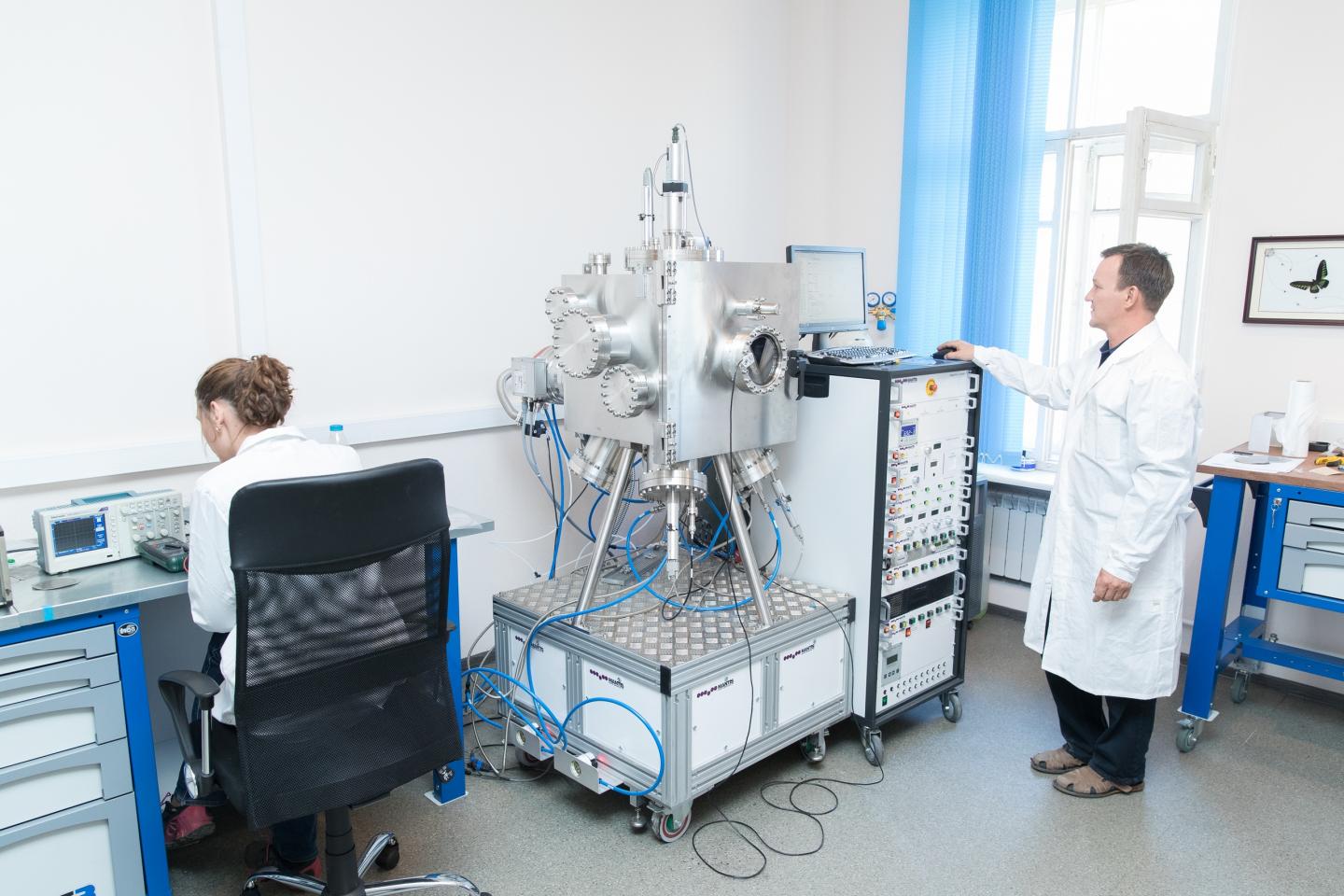Russian and Chinese scientists to create prototype sensors for electronics of the latest generation.

Credit: Peter the Great St.Petersburg Polytechnic University
Russian and Chinese scientists to create prototype sensors for electronics of the latest generation. Researchers of Peter the Great St. Petersburg Polytechnic University (SPbPU) in collaboration with the Physics and Technology Department of the Chinese Academy of Sciences are opening a laboratory to develop nanostructured ultrathin sensors to increase the level of automation of various processes in a human’s life.
The research of the international scientific group will be the basis to develop devices within the framework of the Smart City and Smart Home projects. The sensors will operate without human intervention and automatically collect a whole range of data. Such as the safety of gas systems in buildings, the operation of heat and water supply systems, traffic jams, etc.
“Now we are planning to develop the very sensitive elements of sensory systems,” says Olga Kvashenkina, head of the Laboratory of Self-Organized High-Temperature Nanostructures at the Institute of Physics, Nanotechnology, and Telecommunications of SPbPU. At the same time, she expressed the hope that subsequently the joint laboratory would be involved in cooperation with representatives of both Russian and Chinese industry.
It should be noted that the staff of this laboratory developed a new technology for creating sensitive elements of sensors, which is based on vacuum coating. It can significantly reduce the cost of the product. Chinese medical equipment manufacturers expressed an interest in the new technology and plan to use it in electronic installations, where accurate pressure measurement is crucial. Such as electronic medical scales, which are often used to determine the weight of newborns, as well as laboratory scales used for pharmaceutical purposes.
###
Media Contact
Raisa Bestugina
[email protected]



